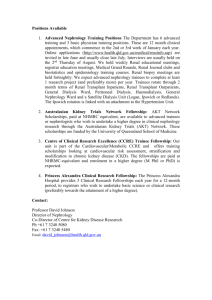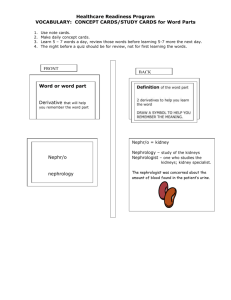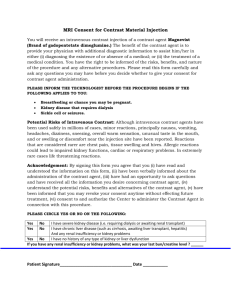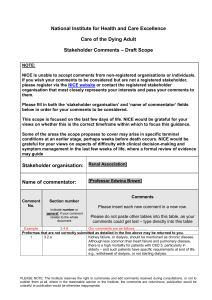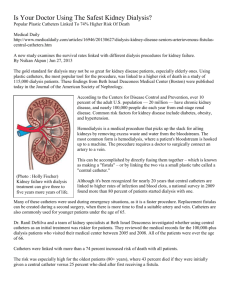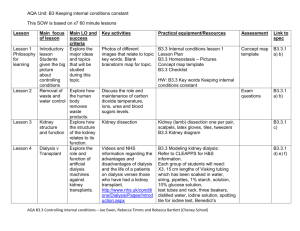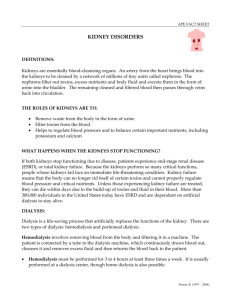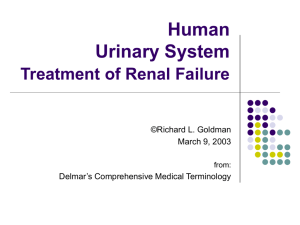ISN Fellows report Gavin Dreyer, Renal SpR, Royal Free Hospital
advertisement
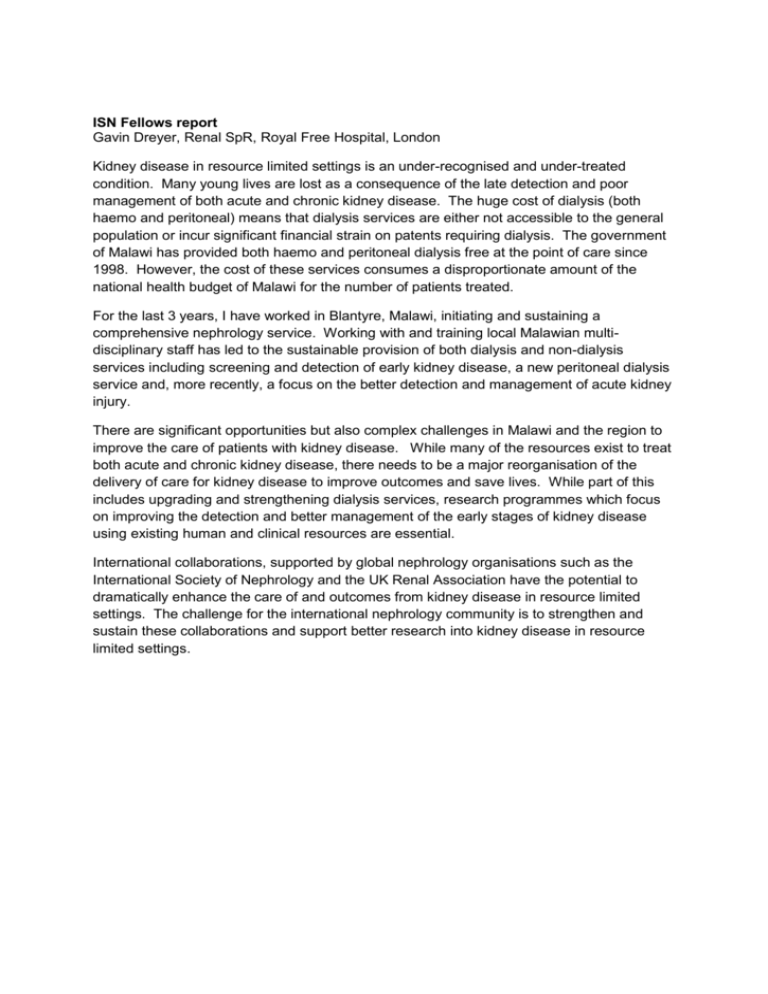
ISN Fellows report Gavin Dreyer, Renal SpR, Royal Free Hospital, London Kidney disease in resource limited settings is an under-recognised and under-treated condition. Many young lives are lost as a consequence of the late detection and poor management of both acute and chronic kidney disease. The huge cost of dialysis (both haemo and peritoneal) means that dialysis services are either not accessible to the general population or incur significant financial strain on patents requiring dialysis. The government of Malawi has provided both haemo and peritoneal dialysis free at the point of care since 1998. However, the cost of these services consumes a disproportionate amount of the national health budget of Malawi for the number of patients treated. For the last 3 years, I have worked in Blantyre, Malawi, initiating and sustaining a comprehensive nephrology service. Working with and training local Malawian multidisciplinary staff has led to the sustainable provision of both dialysis and non-dialysis services including screening and detection of early kidney disease, a new peritoneal dialysis service and, more recently, a focus on the better detection and management of acute kidney injury. There are significant opportunities but also complex challenges in Malawi and the region to improve the care of patients with kidney disease. While many of the resources exist to treat both acute and chronic kidney disease, there needs to be a major reorganisation of the delivery of care for kidney disease to improve outcomes and save lives. While part of this includes upgrading and strengthening dialysis services, research programmes which focus on improving the detection and better management of the early stages of kidney disease using existing human and clinical resources are essential. International collaborations, supported by global nephrology organisations such as the International Society of Nephrology and the UK Renal Association have the potential to dramatically enhance the care of and outcomes from kidney disease in resource limited settings. The challenge for the international nephrology community is to strengthen and sustain these collaborations and support better research into kidney disease in resource limited settings.

